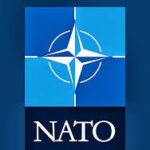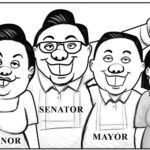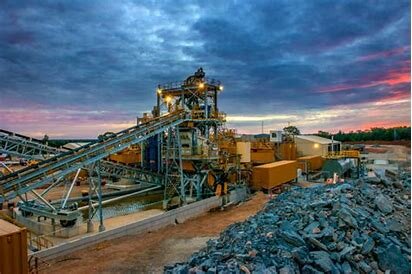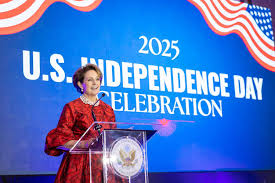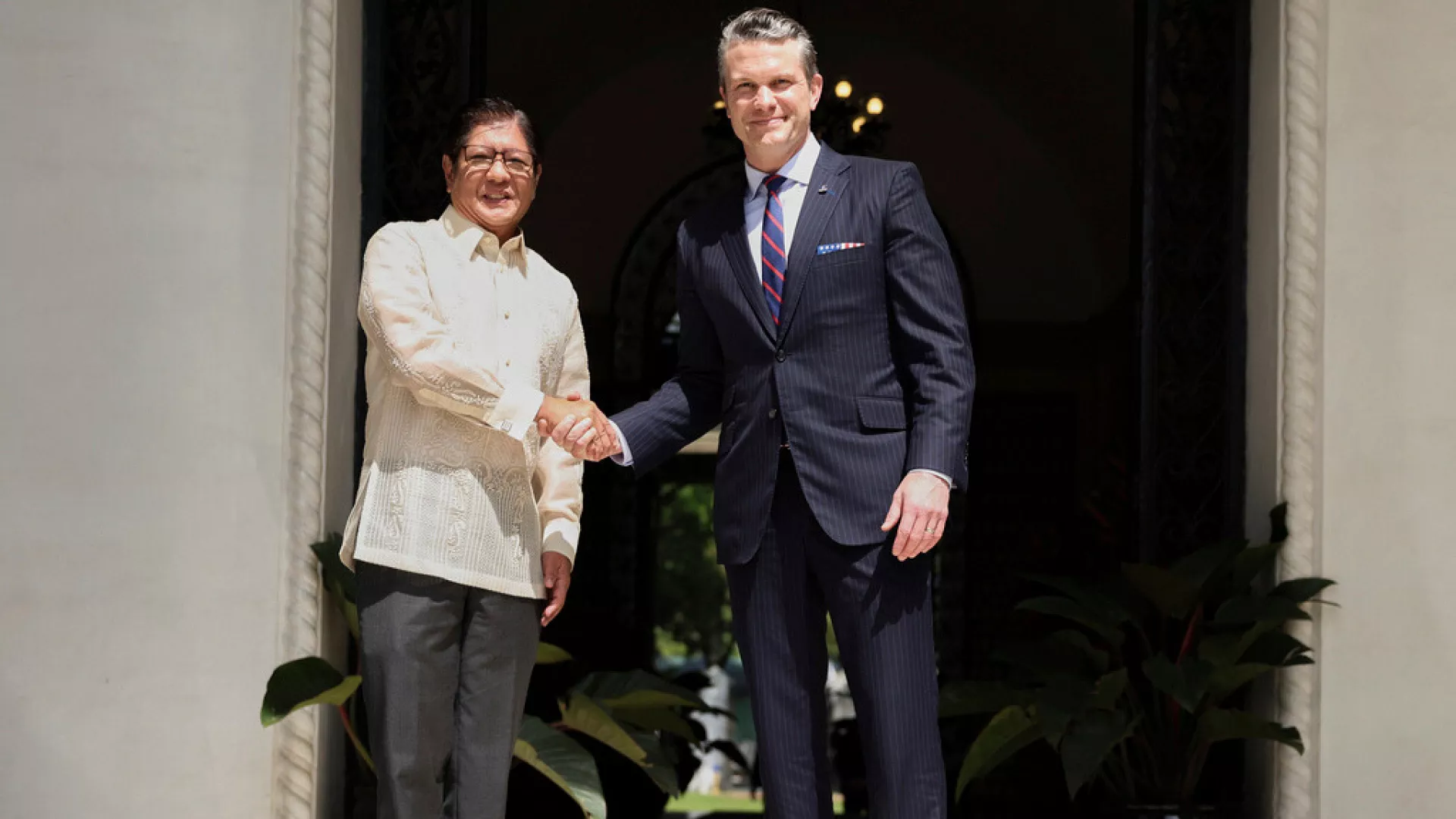MAKATI CITY – Top government officials, ambassadors, and key industry leaders gathered in the biggest sustainable mining conference of 2024, organized by the Department of Environment and Natural Resources (DENR) in partnership with international think tank Stratbase Institute.
The conference held in Makati City on Friday discussed policy reforms that aim to address regulatory roadblocks in transforming the Philippines into an important player in the global green economy and to better prepare the country to seize the enormous opportunities of a global critical mineral boom.Present during the conference were Environment Secretary Antonia Yulo Loyzaga, National Economic and Development Authority Secretary Arsenio Balisacan, Special Assistant to the President for Investment and Economic Affairs Secretary Frederick Go, and key stakeholders from the mining sector.
Also present were Australian Ambassador to the Philippines Hae Kyong Yu, Canadian Ambassador David Hartman, Delegation of the European Union Ambassador Luc Veron, Japanese Ambassador Endo Kazuya, and other members of the diplomatic corps.
In her opening remarks, Loyzaga emphasized that under President Ferdinand Marcos Jr.’s leadership, there’s a renewed focus on revitalizing the mining sector, with a clear message that the Philippines must leverage its status as one of the world’s most mineral-rich nations to drive economic growth – while also stressing the imperative for companies extracting natural resources to strictly adhere to the country’s laws.
The country generated P160 billion in copper, gold, and nickel production over the past year alone, Loyzaga said, adding that “contributions from the mining sector are bound to significantly increase in the years to come.”She noted that the US, Canada, Australia, China, the United Kingdom, and the EU have shown interest in collaborating with the Philippines for mining opportunities, most particularly in the nickel sector.
The DENR increased its efficiency in processing permits, releasing 34 expiration permits and mineral production sharing agreements in the period 2020-2022.Loyzaga assured that in doing so, the agency conducts a deep evaluation of the impacts of resource exploration and development on livelihoods and communities, ecosystem services, cultural identities and historically significant natural systems, and built heritage.
“The Department has for the first time required proximity to protected areas and historically and culturally important sites in the application for Environmental Compliance Certificates. We are consulting with the National Commission on Indigenous People, National Commission on Culture and Arts, the National Historical Commission of the Philippines on the safeguarding of rights and our important historical and cultural sites,” Loyzaga said.
Balisacan, for his part, recognized that the Philippines has yet to harness the full potential of its rich mineral resources or deposits, pointing out that mining contributes to a modest 0.5% to the GDP by the end of 2023, while employment in the sector remains low.
Meanwhile, the global transition to a low-carbon economy, particularly in the demand for critical minerals for green technologies, opened opportunities for the Philippines, Balisacan said.He stressed that the economic team is actively collaborating with relevant agencies to optimize the economic potential of the mining sector through initiatives such as rationalizing fiscal regulations, promoting transparency, advancing green technology R&D, driving energy sector reforms, enhancing the reliability of power plants, and streamlining regulatory processes.
“We expect the promising mining industry to support our manufacturing, infrastructure, and construction sectors with spillovers to the broader economy through more and higher quality jobs for all Filipinos as we work toward meeting our climate change commitments under the Paris Agreement,” Balisacan said.“The government looks forward to working with our partners in the private sector, both domestic and foreign, towards rapid, sustained, and inclusive economic growth, supported by a vibrant and resilient environment,” he added.
Stratbase Institute President Professor Dindo Manhit expects the Philippine mining industry to boost economic growth through strategic measures.
“We, at Stratbase, believe that the Philippine mining industry can emerge as a major economic growth driver through strategic measures aimed at unlocking this potential and bolstering local production in the context of responsible stewardship of the environment,” Manhit said.
“Ultimately, by leveraging our rich critical mineral resources, the Philippines can play a critical role in the global value chain to support the transition to green technologies,” he added.
Manhit said the Philippines is rich in critical minerals such as nickel, copper, and cobalt, which are necessary for the faster adoption of renewable sources of energy all over the world.He proposes for equitable and inclusive structural transformations and policy reforms to maximize the potential of the country’s mining industry.
“For the Philippines, which is rich in nickel, copper, and cobalt, the global shift promises the same benefits. Government revenues will be boosted, livelihoods will be generated, and sustainable economic growth will be catalyzed. Ultimately, people and communities will benefit from the responsible and well-regulated use of resources,” Manhit said.
“But the opportunities can only be realized if there are changes made to the current policy and bureaucratic setup. Only if these roadblocks are addressed can we harness the full potential of our mining resources,” he added.







